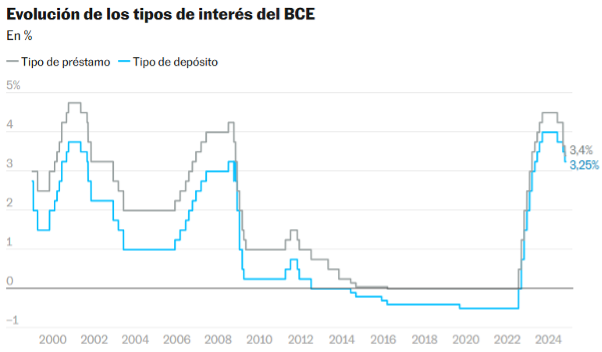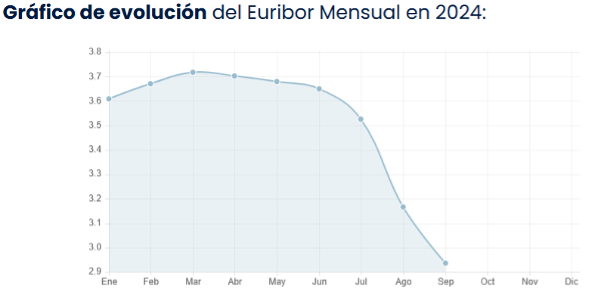Background
The UK currently has an Inheritance Tax system where the estate of the deceased is assessed based on worldwide assets if they were considered domiciled in the UK at the time of death. The term domicile and its meaning has been the important factor to consider up to now, and in the UK has a different meaning to “resident” or “residency”.
There is no need for us to go into the definition of domicile here, as the budget has changed the basis for Inheritance Tax (IHT) assessment to a “residency” test, which has also simplified the tax system.
“Residency” Basis
If you have lived outside the UK for more than 10 consecutive years, your non UK assets will not be liable to UK IHT. The rule is as follows –
From 6 April 2025, the test to determine whether non-UK assets are within the scope of IHT will be whether an individual has been resident in the UK for at least 10 out of the last 20 tax years immediately preceding the tax year in which the chargeable event (including death) occurs.
(Editorial Note. Some other press and advisers are stating it is 10 years, not more than 10 years, outside the UK. This applies to a different tax in the Budget, not IHT).
To meet the rule it is necessary to have been out of the UK for more than 10 years, because of a Split Year rule for taxation that will also apply. Again, there is no need to go into detail here, suffice to know that we need to be out of the UK for more than 10 years in the last 20.
How beneficial is the change to “residency basis” of assessment?
The benefit will depend on our personal circumstances, where our assets are based and the value of our assets.
I have used a case study to illustrate –
Mr & Mrs Ingles
– More than 10 consecutive years out of the UK in the last 20 years
– Assets outside the UK include Spanish compliant bonds, bank accounts, QROPS pension and property, all jointly owned, as follows:
Spanish bank accounts €98,000
Spanish compliant bonds €290,000
House (mortgage free) €525,000
QROPS pension €178,000
Total €1,091,000
– UK assets £325,000 jointly owned
Mr and Mrs Ingles can return to the UK and if death occurs within 10 years of the return the following will apply.
– UK assets assessed for UK IHT fall within the UK nil rate band. Tax due £0
– Assets outside the UK not assessed under the residency basis €1,091,000
At the time of writing the exchange rate would give a value to the non UK assets as £865,814. The savings from not having these assets taxed in the UK would be £346,325.60. (£865,814 * 40%)


























